Music Therapy and Dementia.
Did you know that nearly one million people in the UK are living with dementia? In the United States, Alzheimer’s dementia affects approximately 6.9 million Americans aged 65 and older. This staggering reality highlights the urgent need for effective interventions.
Research consistently supports using music therapy and other musical activities as powerful tools to alleviate dementia symptoms. Individuals with dementia or Alzheimer’s retain a remarkable portion of their musical memory, making music therapy an excellent avenue to enhance mood, foster social interaction, and improve memory. For those at risk, music may even delay the onset of dementia.
This article delves into the profound benefits of music for those suffering from dementia or Alzheimer’s disease. Given that Alzheimer’s is the most prevalent type of dementia, a condition that gradually impairs behaviour, memory, and learning, exploring creative therapeutic options is essential.
We will also consider the potential downsides of music therapy and provide insights on the most effective ways to support a loved one battling this illness through the power of music.
Let’s explore this vital topic of music therapy and dementia further and discover how we can make a difference.
Table of Contents
What are the symptoms of dementia?
Who gets dementia?
What is music therapy?
How does music affect the brain?
The benefits of music for people with dementia
Why do people with dementia remember their favourite songs?
What type of music is best for people with dementia?
Ways to use music to help people with dementia.
The risks associated with music therapy.
Some facts about dementia.
Sources of support.
Summary & Recommendations.
What are the symptoms of dementia?
Dementia is characterised by a collection of symptoms that arise from various illnesses affecting the brain. Over time, these symptoms become more severe and can include memory loss, disorientation, difficulty understanding, changes in behaviour, and challenges with daily activities.
Because dementia is a progressive condition, its symptoms may begin mildly but gradually intensify. While there are several potential causes of dementia, Alzheimer’s disease is the most common.
Who gets dementia?
Researchers have identified certain risk factors that increase the likelihood of developing dementia. The most significant risk factor is age; most dementia patients are over 65, with the risk increasing further as individuals enter their 80s and 90s. This means that dementia is more prevalent among older adults compared to younger ones.
It is important to note that ageing itself does not directly cause dementia. Instead, dementia results from diseases that damage the brain’s nerve cells. Many different illnesses can lead to dementia, with various types of dementia arising from the distinct ways these illnesses affect the brain.
Nerve cells transmit signals between various parts of the body and the brain. When more nerve cells are damaged, the brain’s ability to function normally declines.
What is music therapy?
Music therapy is an evidence-based strategy for improving health outcomes. Individuals, including those with physical, emotional, social, or cognitive challenges, can benefit from a personalized program designed by a licensed music therapist.
Music therapy can aid in memory expression, physical rehabilitation, pain relief, and stress management.
For people with Alzheimer’s disease, a significant part of their musical memory remains intact, making music therapy particularly valuable for enhancing mood, social interaction, and memory.
A qualified music therapist can use various musical activities, such as clapping and dancing, singing, playing instruments, or simply listening to music, to engage someone with Alzheimer’s.
When music is played, it can inspire a person with Alzheimer’s to move, dance, clap, or respond physically to the rhythms. Additionally, music has the power to evoke positive memories and emotional responses.
How does music affect the brain?
Music can have a significant impact on the brain in several ways. It can:
- Promote the development of new brain cells and neuroplasticity, which is the brain’s ability to undergo structural changes and form new connections between nerve cells.
- Help release dopamine, a neurotransmitter associated with cognitive decline, levels of which are generally reduced in patients with Alzheimer’s disease.
- Elicit emotional responses that may reduce stress and positively influence the immune system, potentially protecting against the loss of nerve cell function.
I have written a detailed article about music and the brain which you can read by clicking here.
The benefits of music for people with dementia.
Listening to or performing music—whether through playing an instrument, dancing, or singing—can greatly enhance the well-being of individuals with dementia and help them build and maintain relationships with others.
Music can also benefit people with dementia in the following ways:
- It assists them in expressing their thoughts and feelings, both verbally and nonverbally.
- It serves as a catalyst for reflection and helps them share their personal histories and stories.
- It promotes movement, dance, and physical exercise, fostering social connections, reducing feelings of loneliness, and encouraging participation in group activities.
- It can evoke memories, emotions, and sentiments that may be challenging for them to articulate, thereby helping them connect with their past.
Why do people with dementia remember their favourite songs?
Musical memory refers to the type of memory associated with experiences involving music, such as playing an instrument or listening to music. Research suggests that the brain areas responsible for forming musical memories may be different from those involved in creating other types of memories.
People with dementia often find it easier to recall musical experiences compared to other memories. This is because the brain regions associated with musical memory seem to be less impacted by cognitive decline.
What type of music is best for people with dementia?
Although there doesn’t appear to be one genre of music that works best for dementia, research indicates that there are several music-based interventions that could be beneficial. Let’s explore this more.
Ways to use music to help people with dementia.
Music is a powerful tool that can enhance well-being in both home settings and care facilities, whether enjoyed individually or in group activities. Explore these inspiring ideas to make the most of music’s benefits:
- Discover music that the person knows and loves; allowing them to choose the music themselves can enhance their enjoyment.
- Observe the person’s reactions to the music, as their responses can guide future selections and enhance their enjoyment even further.
- Choose a music source that ensures a seamless listening experience, free from interruptions like commercials that can break the mood.
- Set the stage for a pleasant environment by playing calming music during meals or morning routines, creating a positive atmosphere.
- Keep distractions to a minimum by reducing competing noises while the music plays, allowing for a more immersive experience.
- Inspire movement and invite singing along to make the experience more engaging and enjoyable.
- Elevate their music experience by providing high-quality headphones or speakers that deliver exceptional sound.
- Curate a personalized music mix for them to enjoy on their tablet or smartphone, ensuring they hear the songs they love.
- Join them in singing their favourite songs; your enthusiasm will enhance their enjoyment significantly.
- Encourage them to join a choir, or singing group, or attend their favourite musical events, creating opportunities for connection and joy.
- Help them discover the joy of playing a musical instrument with personalized lessons tailored to their interests and needs.
- Engage in dancing, exercising, or relaxing together to the rhythm of the music, making moments more memorable and fun.
It’s important to note that what works for one person may not work well for another, as dementia affects individuals differently. For instance, a person struggling with writing or speaking might not find lyric therapy enjoyable. Conversely, others may benefit more from relaxation therapy or dancing, which can be more convenient and helpful for managing their symptoms.
The risks associated with music therapy.
There are risks associated with music therapy, just as there are with any type of therapy. For some individuals, actively listening to music may increase feelings of anxiety.
Selecting the wrong type of music can also negatively impact the listening experience. Potential dangers include overstimulation, confusion, or anxiety triggered by memories that are difficult or unpleasant.
Some facts about dementia:
- Dementia-causing illnesses are not contagious; they cannot be transmitted from one person to another.
- A person’s risk of developing dementia increases with age. Dementia is less likely to occur in a 65-year-old compared to an 85-year-old. The term “young-onset” or “early-onset” dementia refers to dementia that affects individuals under the age of 65.
- Approximately 40,000 individuals with dementia in the UK are under the age of 65.
- Only a small number of dementia types are inherited. This means they can be passed down from a parent to a child due to defective genes. These hereditary dementias are quite rare, and not all family members may be affected. More information is available if someone in your family has a rare genetic form of dementia.
- Certain medical conditions, such as type 2 diabetes, high blood pressure, and high cholesterol, can increase a person’s risk of developing dementia.
- Most dementia cases result from a complex interplay of factors, including an individual’s age, environment, lifestyle, and genetics.
Sources for support for music therapy and dementia.
- Managing anxiety and depression in dementia
- Music for Dementia
- British Association for Musical Therapy
- Singing for the Brain
- Live Music Now – working with older people
- Music Mirrors – capturing the sound of memories
- m4d radio – themed radio stations for people with dementia
- 14 ways to reduce dementia risk
- Video series on how music therapy helps the elderly with dementia
Summary & Recommendations.
If you have a loved one or friend with dementia, find a way to help them experience music in a way that suits their individual needs. Each person has unique preferences when it comes to music. The numerous benefits that music can provide to someone with dementia can be accessed through simple acts of kindness, such as sitting together and listening to music.
Observing their reactions to the music can help guide decisions on continuing the therapy.
Find out what services are available locally. Additionally, consult a qualified music therapist for further guidance and support when needed.
With the right level of support, a person suffering from dementia could receive greater health benefits through music.
Social engagement
I welcome you to share your thoughts, and feelings about music therapy and dementia or ask questions within the social area below.
I also welcome you to bookmark this page as I will continue to review and update this article on a regular basis.
What I do as a Healing Musician.
Sound healing naturally assists your brain to steady its inner reactivity and so calm troublesome feelings of stress, anxiety, panic, frustration, hyper-alertness and distress.
As a Quantum Healing Musician, I create soothing piano compositions and meditations which aim to restore the natural healing frequencies of the mind and chakra energy centres to support a person’s life productiveness and wellbeing.
If you are not familiar with Chakras. These are energy centres or portals in the human energy field that receive and transmit energy and act as gates through which our life force flows in and out of our physical bodies. These energy fields can often become blocked because of physical, emotional, mental, traumas or spiritual disturbances. When Chakra’s become blocked we can often feel constricted or stuck in certain areas of our life. So Chakras require frequent rebalancing and recharging to function well.
I also identify the sounds and rhythms, which correspond to certain emotional responses and blockages and create pieces of music for the healing of all kinds of emotional and mental states. For example, I have created a series of music meditation videos (available on this website) to assist people to release emotional blockages, overcome stress and anxiety, empower self-love, forgiveness and create powerful intentions for personal success,
In addition, I create informative videos and articles on how music, rhythm and sound can be used as alternative therapeutic healing modalities.
To see examples of my work I welcome you to visit the website page Healing Music Videos & Articles.
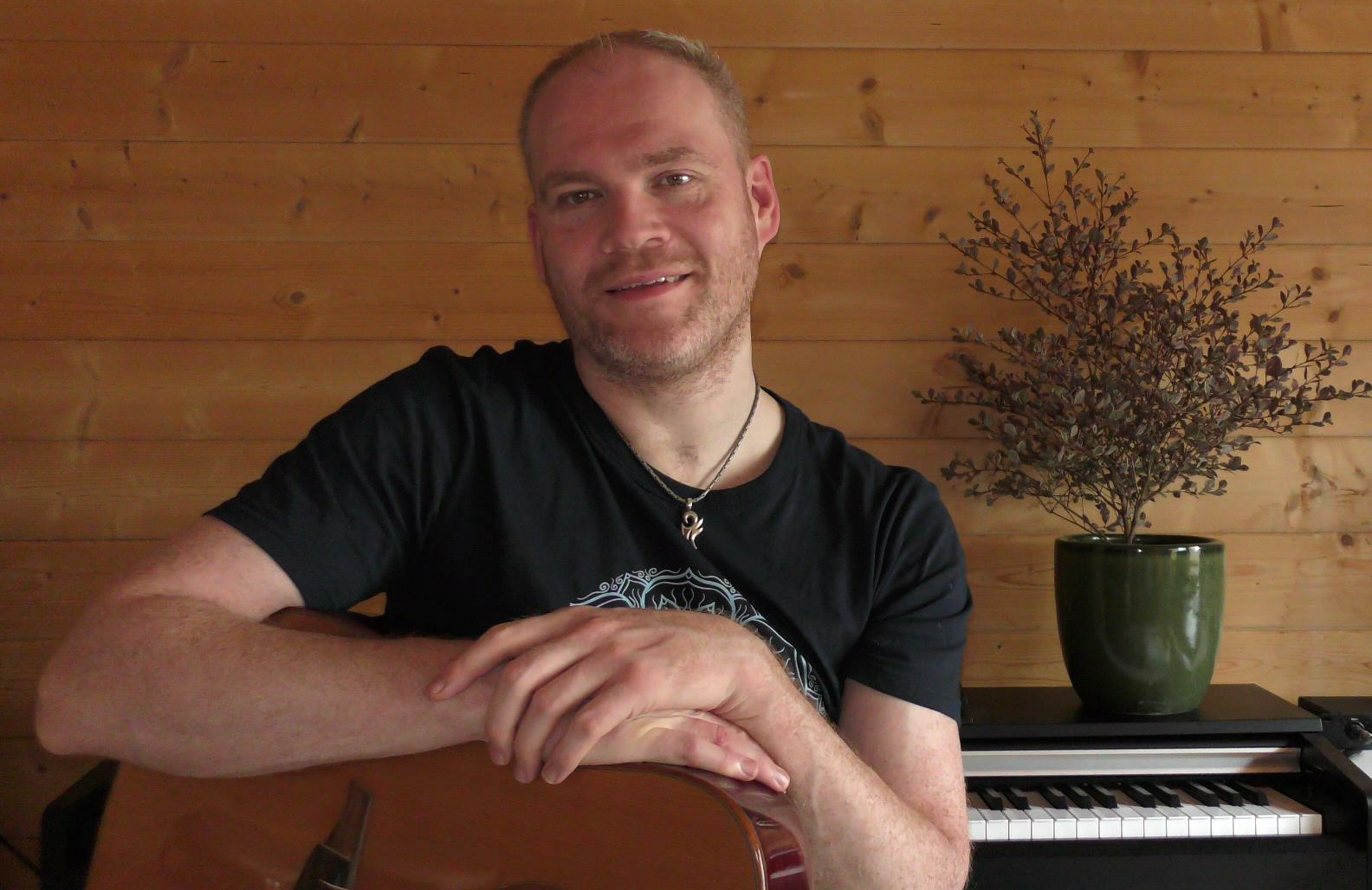

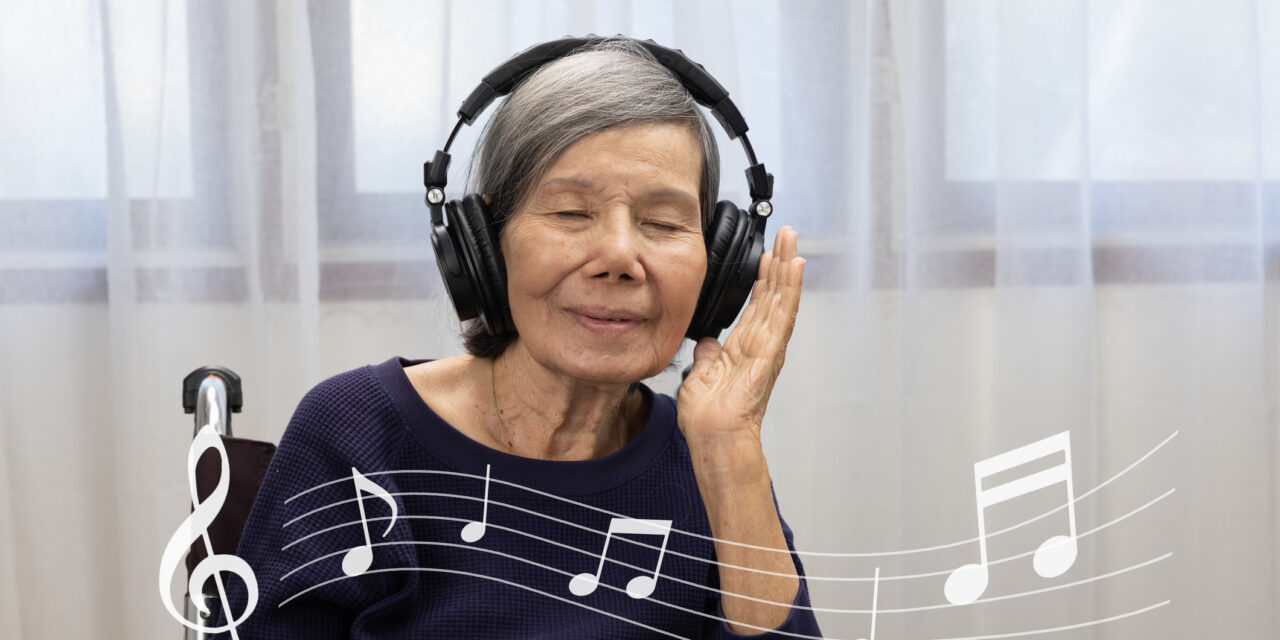
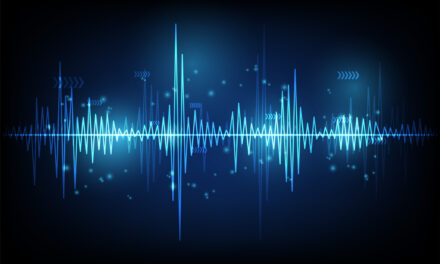
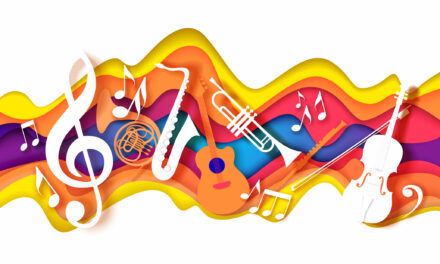
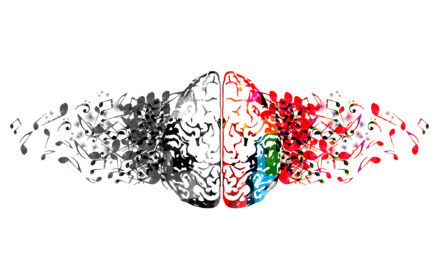
Great article! Very easy to read and understand. As my mum had Dementia, I know there’s a slightly higher risk for me so this article was really insightful.
Hey Maria, thank you. I am grateful to receive your feedback and know the information is easily understood. I learnt a lot about the topic whilst performing the research. I think it is an important topic as it seems that almost everyone knows somebody who has dementia or Alzheimer’s disease.